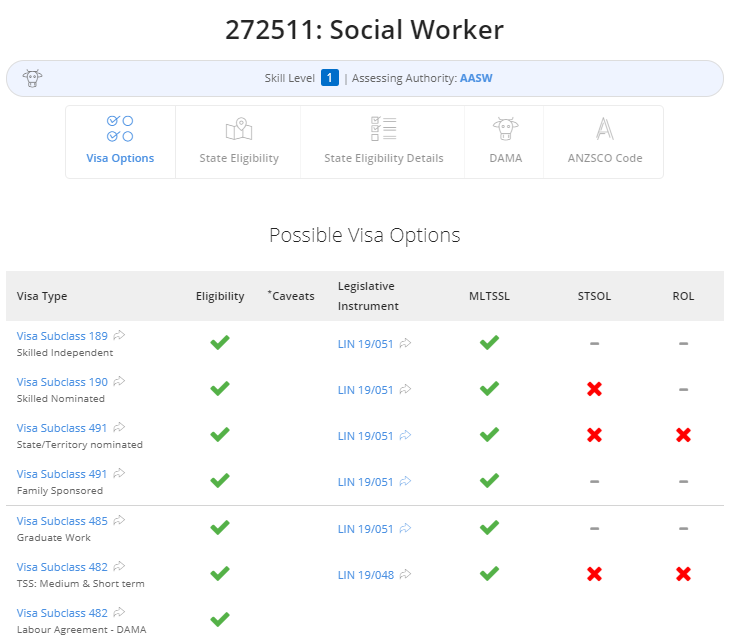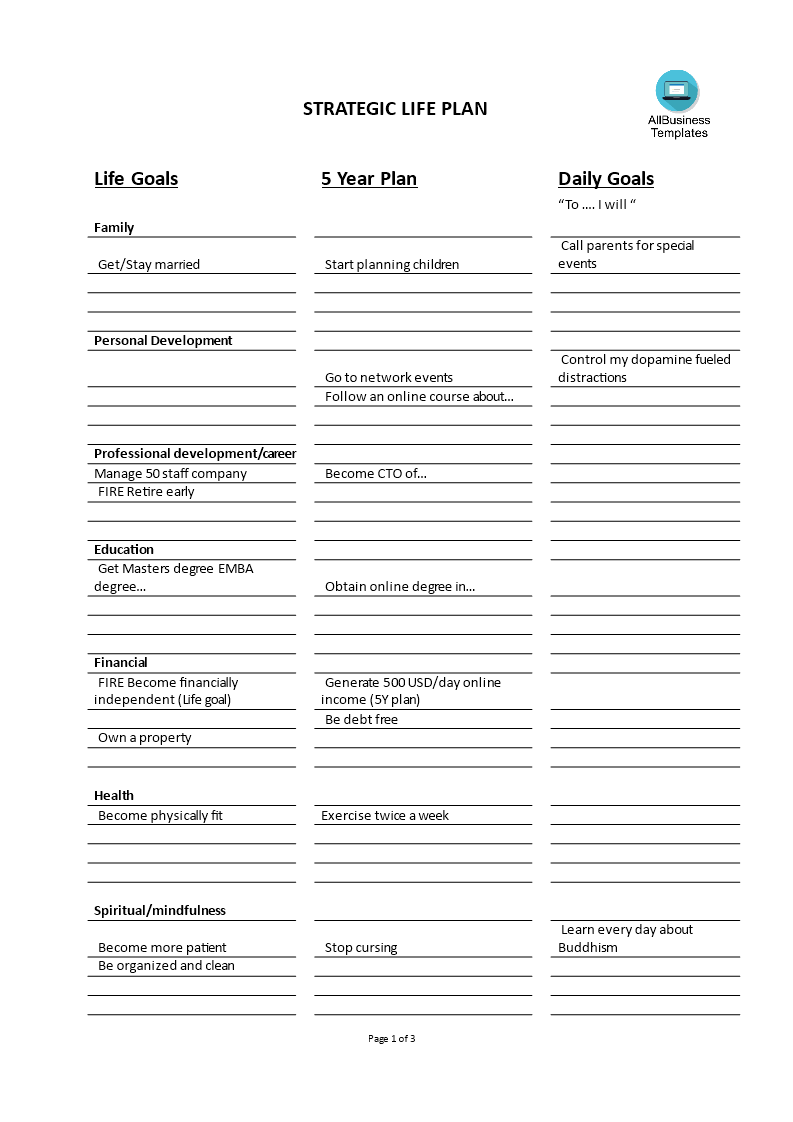
Your manager should know if you have considered accepting a job from outside your company. This will enable you to negotiate a better job offer. Negative comments about coworkers should not be made. Also, don't make your boss look bad if you know you're thinking of leaving.
Negotiating a job opportunity with a current employer
When negotiating with a current employer, it is best to consider the features and perks you want in your new position, as well as the company's salary range. It is better to make an offer in person than by email. Also, remember that many companies put an expiration date on the offer you are negotiating. If this happens, ask for a one-time extension, and explain why.
Accept a counteroffer and be open to asking for what you want. Knowing what you are worth can help you convince your employer to pay you a better salary, more benefits and greater incentives. You should also be prepared for your interview. This will allow you to overcome nervousness and increase your confidence. You must make a positive impression on the interview.

If you are not happy with the offer you can return it to the company and continue working with them until you have found a replacement. This should be done with professionalism and courtesy. A face-to-face meeting is more effective because it demonstrates professionalism and courtesy.
Negative remarks about coworkers are best avoided
Negative remarks about coworkers should not be made when you bring up a job opportunity with an existing employer. Negative comments can often be made in casual conversations. If you've heard a colleague complain about another coworker, you should clarify the matter by telling them your reasons for your disagreement and explaining that you're going to focus on your work instead of listening to the other person's complaints.
If you're concerned about coworkers' attitudes, you should address the problem with your current manager or human resources. They may have ideas or can speak to your manager about the situation. Sometimes, persisting negativity can lead to disciplinary action or termination of employment.
When you work with a negative employee, find positive aspects to their work. Turning the negative into positive can help you feel better and see the positive side of things. Seek professional help if you are having trouble dealing with the situation. You can ask a friend, a manager, or someone in human resources for help.

Receiving a counteroffer
You might consider accepting a counteroffer if you've been offered a job by your employer. This kind of offer is usually easier to accept because it does not require you to move to another company and settle in. This means you don't have time to get to know new friends and colleagues. This also allows you to reflect on what your career goals are.
It is important to consider the reasons you began looking for a new job. It's usually not about money. For instance, you might have wanted a title change, increased responsibilities, or a better balance between work and life. If you decide to decline the counteroffer you need to let the new employer.
A counteroffer in many cases is a sign that the employer is confident about you and your future. A counteroffer can indicate that your employer wants to make sure you are happy in your new role. You might also get a counteroffer addressing your reasons for quitting, such as the need to find a new environment or the desire that you can advance in your career.